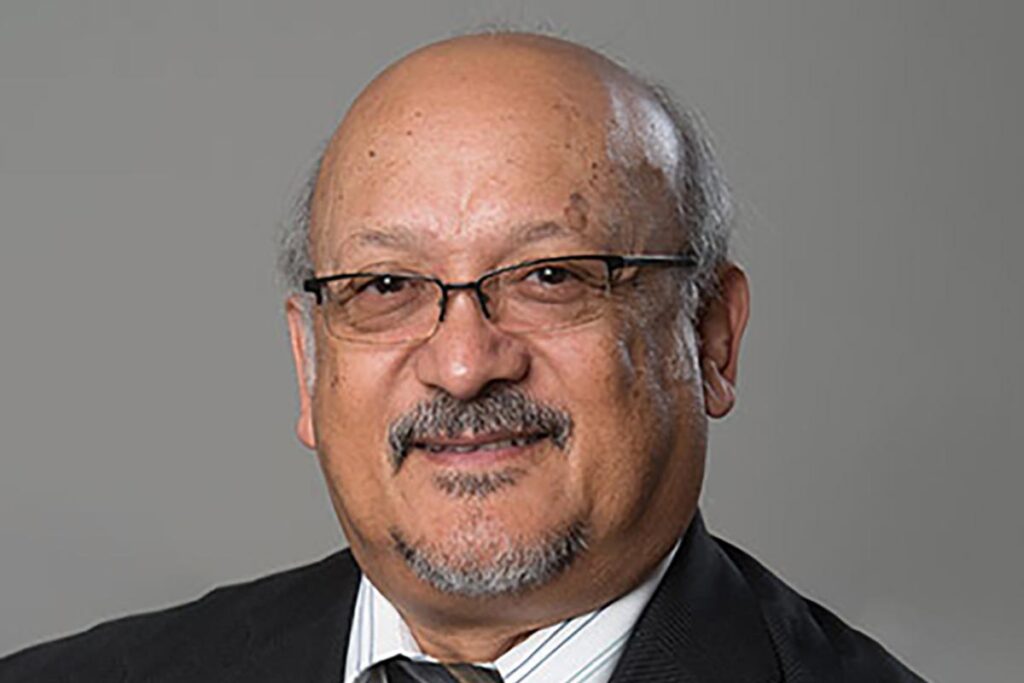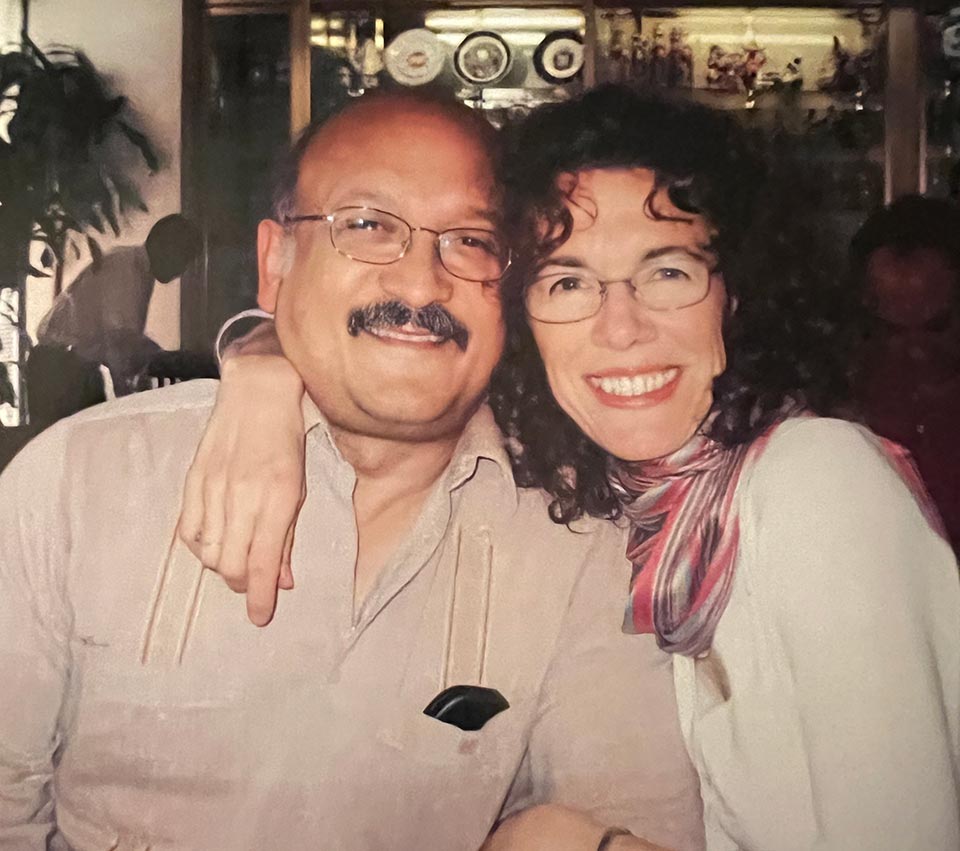Q & A with Rev. Dr. José David Rodríguez
Professor of Systematic Theology, LSTC


As part of our celebration of Latine Heritage Month, LSTC is proud to highlight the voices and stories of Latine theologians, leaders, and alumni shaping our community and the wider church. Through a series of insightful Q&A features, we explore their personal journeys, cultural influences, and the vital role of faith in their work for justice and inclusion. Join us in honoring the richness of Latine heritage as we engage in meaningful conversations that inspire reflection and action.
Can you share a bit about your cultural identity?
I was born in the city of Fajardo in the archipelago of Puerto Rico. This means that I am a puertorriqueño, or as we like to say in Puerto Rico, a boricua, an expression that comes from the name that the indigenous people of Puerto Rico (Tainos) called the archipelago: Borikén, or in an English translation, “Land of the Valiant and Brave Lord”. Unfortunately, in the United States I am described as a Latino or Latinx which tends to eliminate a great deal of my cultural identity.
What does Latine Heritage Month mean to you personally?
The Latine Heritage emphasis month in the United States is an effort to celebrate the identity and contributions of those of us that have a Spanish or Latin American heritage. Those of us that come from a Spanish or Latin American background are unfortunately integrated by the government of the United States into the label of “Hispanics” or “Latinos/as” to try to address some of the responsibilities the government has with this constituency. The recent development of the term Latinx or Latiné, is an effort to incorporate to our description some elements that have been left out. Yet the diversity among us, even of boricuas is such that the term Latiné rather than descriptive becomes the notion of a project to be attained in the future. In other words, when we use then term Latiné we are referring to the struggle to develop a socio-historical project of people with Spanish or Latin American background in the United States that may incorporate the contributions of our diverse community to the North American society.
What do you think seminaries should do to support their Latine constituents?
There should be courses that tell the story of the religious history and expressions of our communities of Spanish or Latin American background. Spanish, a language that played an important part in the historical development of North America since the sixteenth century, should also be taught, particularly for those whose ministry will confront them with the increasing growth of the Spanish speaking people in North American society.
What’s your favorite cultural dish?
I have many dishes I like. Arroz y habichuelas (rice and beans), mofongo (a special Caribbean dish with green plantains), Argentinean asado (a BBQ of different types of meat), Spanish Tapas, milanesa (breaded chicken or beef Argentinean style), etc.
Is there a particular latine tradition that you want to pass down to the next generation?
Yes. When children go to bed or leave the house at any time of the day or evening, they always ask their parents to be blessed: la bendición. I learned to follow this tradition as I was brought up and continue to practice it with my children and grandchildren.